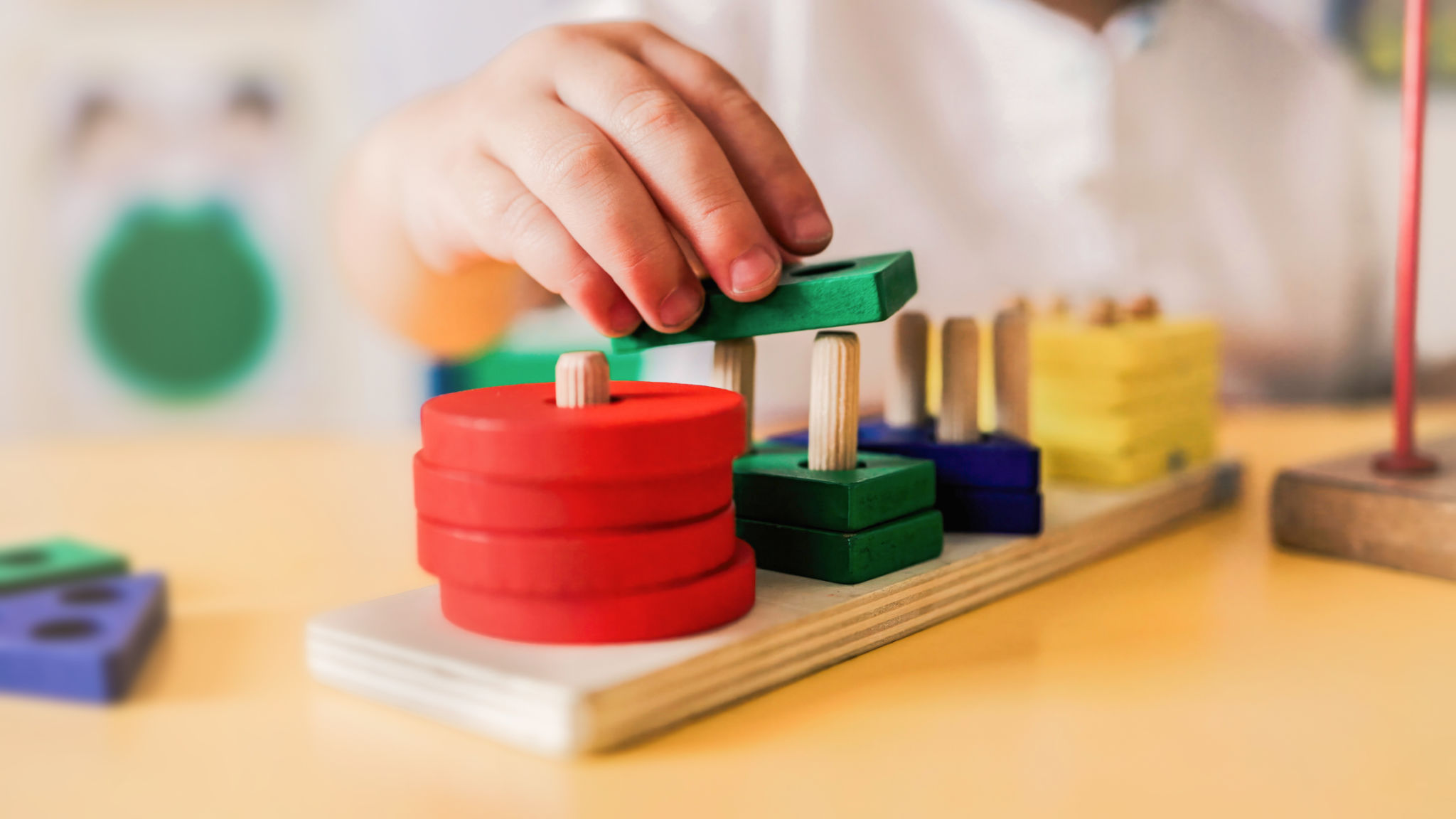The Ultimate Guide to Supporting Early Childhood Education at Home
Understanding Early Childhood Education
Early childhood education is a crucial foundation for lifelong learning and development. It encompasses the period from birth to eight years old, a time when children are rapidly growing and developing cognitively, emotionally, and socially. Supporting your child's education during these early years can have a profound impact on their future success.
At home, parents and caregivers play a pivotal role in nurturing a child's love for learning. By creating an enriching environment and engaging in activities that promote curiosity, you can help your child build essential skills that will benefit them throughout their educational journey.

Creating a Learning-Friendly Environment
One of the first steps in supporting early childhood education at home is to create a learning-friendly environment. This doesn't mean you need to transform your home into a classroom, but rather make it a place where learning happens naturally and joyfully.
Ensure that your home has a variety of resources available for your child, such as books, art supplies, and educational toys. These tools can spark creativity and encourage exploration. Designate specific areas for reading, playing, and creative activities to help your child understand that learning can be both fun and structured.
Establishing Routines
Routines are vital for young children as they provide a sense of security and predictability. Establish daily routines that incorporate time for reading, play, and rest. Consistent schedules help children understand what to expect each day, reducing anxiety and promoting independence.

Encouraging Play-Based Learning
Play is often referred to as the "work" of childhood and is a critical component of early childhood education. Through play, children learn about the world around them, develop social skills, and improve their problem-solving abilities.
Encourage your child to engage in both structured and unstructured play. While structured activities can teach specific skills, unstructured play allows children to use their imagination and creativity. Whether it's building with blocks, pretending with dolls, or exploring nature, play provides endless opportunities for learning.
Reading Together
Reading with your child is one of the most effective ways to support their early education. It not only enhances language development but also strengthens the bond between you and your child. Make reading a daily habit by exploring different genres and authors. Encourage your child to ask questions and express their thoughts about the stories you read together.

Promoting Social-Emotional Development
Early childhood education is not just about academics; it's also about helping children develop socially and emotionally. Encourage your child to express their feelings and teach them how to manage emotions effectively. Role-playing different scenarios can be a helpful way to practice social skills like sharing and empathy.
Provide opportunities for your child to interact with peers through playdates or group activities. These interactions are essential for developing communication skills and building friendships.
Incorporating Technology Wisely
While technology can be a valuable educational tool, it's important to use it wisely in early childhood education. Limit screen time to ensure it doesn't replace other important activities like physical play and face-to-face interactions. Choose high-quality educational apps and programs that align with your child's interests and learning needs.

Engaging with Educators
Collaborating with educators can enhance your child's learning experience. Maintain open communication with teachers to stay informed about your child's progress and any areas where they may need additional support. Attend parent-teacher conferences and participate in school activities whenever possible.
By understanding the curriculum and learning objectives, you can reinforce these concepts at home, providing a seamless transition between school and home learning environments.
In conclusion, supporting early childhood education at home involves creating an environment that fosters curiosity, encourages play-based learning, promotes social-emotional development, and engages with educators. By taking these steps, you are setting the stage for your child's lifelong love of learning.
